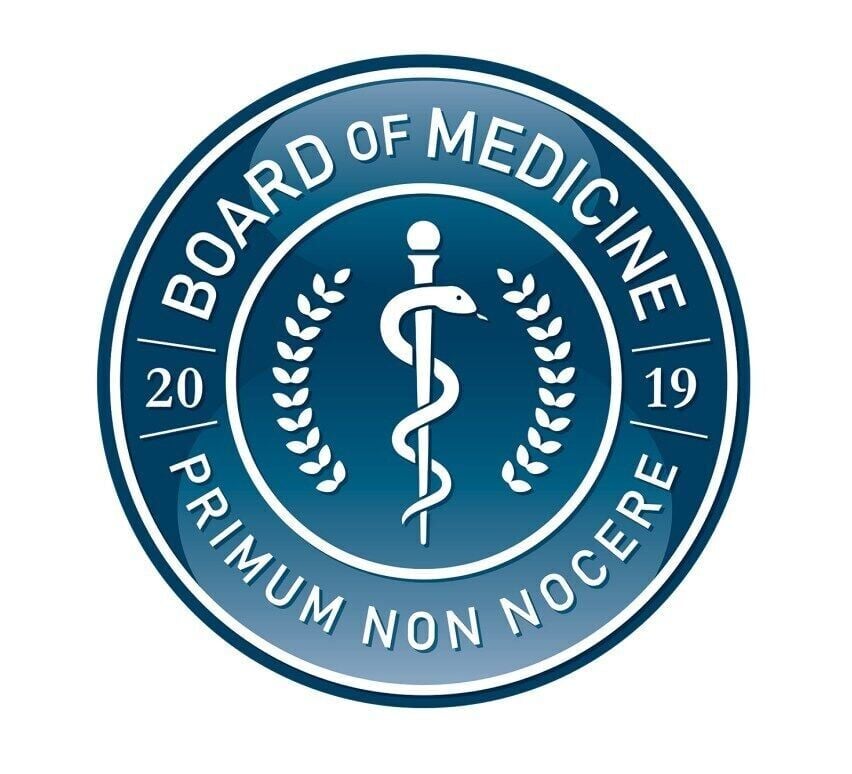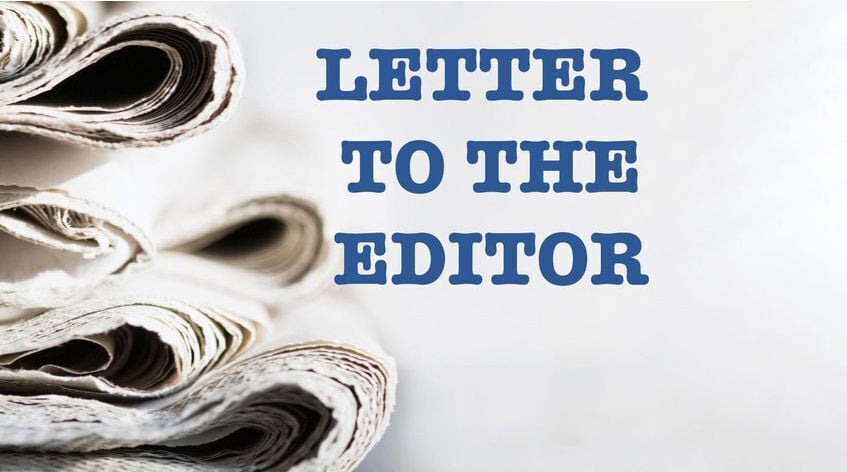The Federal Trade Commission’s new rule requiring ticket sellers to disclose total prices upfront aims to bring greater transparency to an industry often criticized for hidden fees. Experts, however, caution that while the buying experience may improve, ticket costs are unlikely to decrease.
The FTC’s new rule on ticket prices is a win for consumers, experts say — but don’t expect it to bring costs down

Key Takeaways:
- The FTC now requires ticket sellers to display total prices upfront, including all fees.
- The rule prohibits concealing add-on charges and vague fee descriptions.
- Experts say transparency will improve, but ticket costs are unlikely to decrease.
- Ticketmaster and SeatGeek are implementing changes to comply with the new guidelines.
- The rule does not limit fee amounts or prohibit dynamic pricing strategies.
FTC Mandates Upfront Ticket Pricing to Enhance Transparency
The Federal Trade Commission has implemented a new rule requiring ticket sellers to disclose total prices upfront, including all fees, in a move designed to increase transparency in the ticketing industry. This change addresses long-standing consumer frustrations over hidden fees that are often revealed only at the final stages of purchase.
A Step Towards Clearer Pricing
According to the FTC, businesses selling live-event tickets or short-term lodging must prominently display the total cost before requesting payment. This includes “all charges or fees the business knows about and can calculate.” The rule also prohibits the use of vague fee descriptions such as “convenience fees,” “service fees,” or “processing fees,” mandating that any additional charges be clearly disclosed with their purpose.
“More transparency is always a win for consumers,” said Andrew Mall, an associate professor of music at Northeastern University. However, he added, “If there are any consumers who have been expecting fewer fees as a result, they will be disappointed.”
Expert Insights on the Impact
While the rule is seen as a positive move towards fairness, experts emphasize that it doesn’t cap or reduce the fees themselves. “This is not about capping fees or saying what fees companies can or cannot charge,” explained Teresa Murray, director of the consumer watchdog office for U.S. PIRG. “It’s about transparency and it’s about making things fair, not just for consumers but also for other businesses.”
The new regulation stops short of addressing practices like dynamic pricing—a strategy where ticket prices fluctuate based on demand. This means that while prices will be more transparent, they won’t necessarily be lower.
Industry Response
Major players in the ticketing industry are already adapting to comply with the FTC’s guidelines. Ticketmaster has launched “All In Prices” in the United States, displaying the full price of tickets, including all fees before taxes and shipping charges.
“Ticketmaster has long advocated for all-in pricing to become the nationwide standard so fans can easily compare prices across all ticketing sites, and we commend the FTC for making that a reality,” said Ticketmaster COO Michael Wichser. “Paired with the recent executive order targeting abuse in the secondary market, it marks a meaningful step forward for our industry.”
Similarly, SeatGeek announced it will now display ticket prices with fees included upfront. “Fans deserve pricing that’s clear from the start,” stated Jack Groetzinger, SeatGeek’s co-founder and CEO. “This is an important step forward.”
What This Means for Consumers
Consumers can expect a more straightforward ticket-buying experience without the surprise of additional fees at checkout. However, the total cost of tickets is unlikely to decrease. “If there are any consumers who have been expecting fewer fees as a result, they will be disappointed,” Mall reiterated.
Murray pointed out that transparency could lead to competitive pricing in the secondary market. “In the secondary market, where there is a lot of competition, maybe those companies will shave off a few of those fees so they appear to be the lowest cost,” she said. “We wouldn’t be surprised if some fees went away.”
Continued Challenges in Ticket Pricing
Despite this progress, the industry still faces challenges related to high fees and fluctuating prices. Concert ticket pricing remains “a very elastic economic model,” according to Mall, with “no limit” in sight.
Consumers have grown increasingly frustrated with soaring ticket prices, especially as practices like dynamic pricing and the prevalence of “junk fees” have driven costs higher than ever.
Looking Ahead
The FTC’s mandate for upfront pricing marks a significant shift towards transparency in ticket sales. While it may not lower ticket costs, the rule empowers consumers with clearer information, potentially influencing purchasing decisions and encouraging fairer competition within the industry.
[End of Article]











